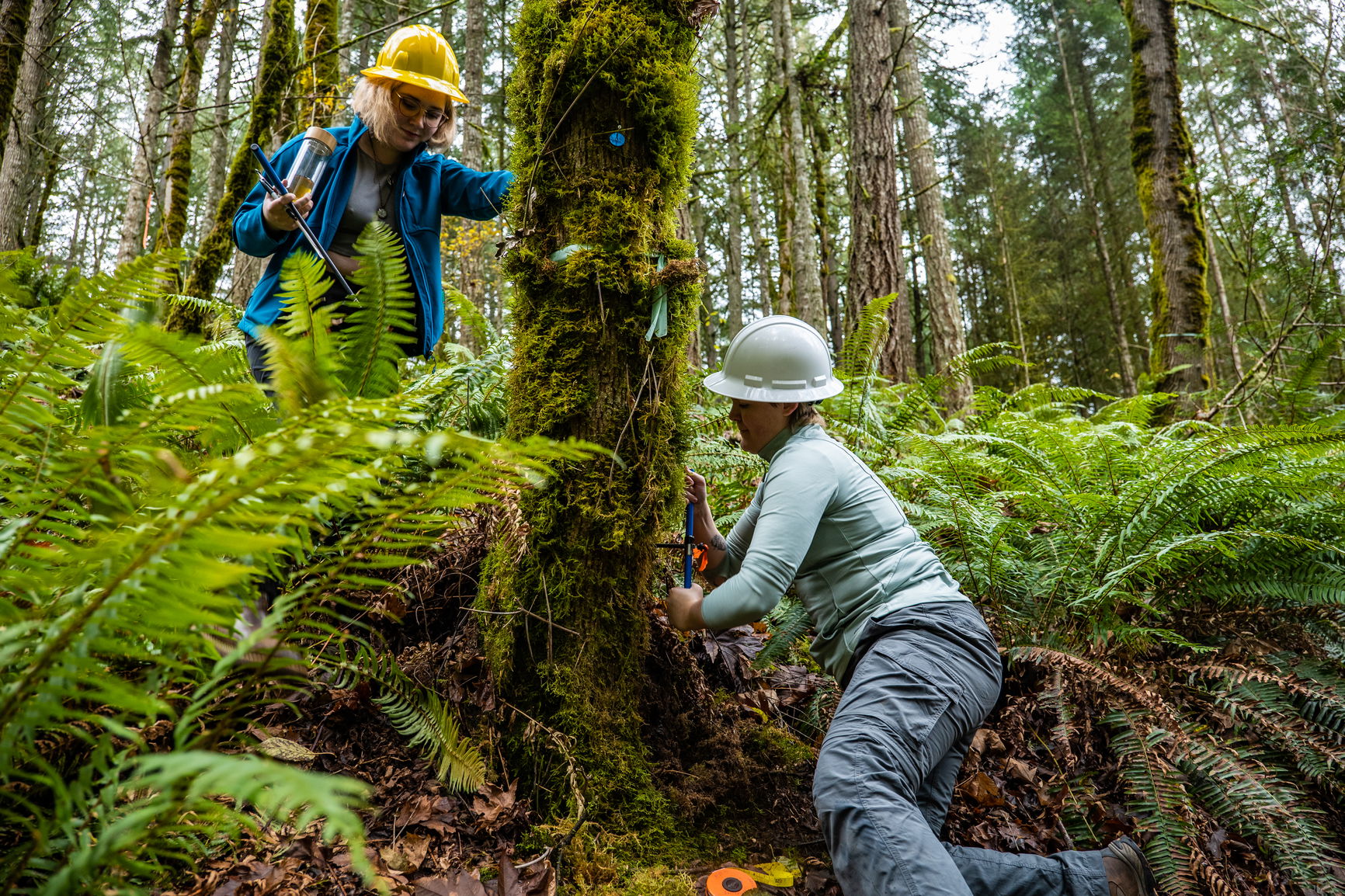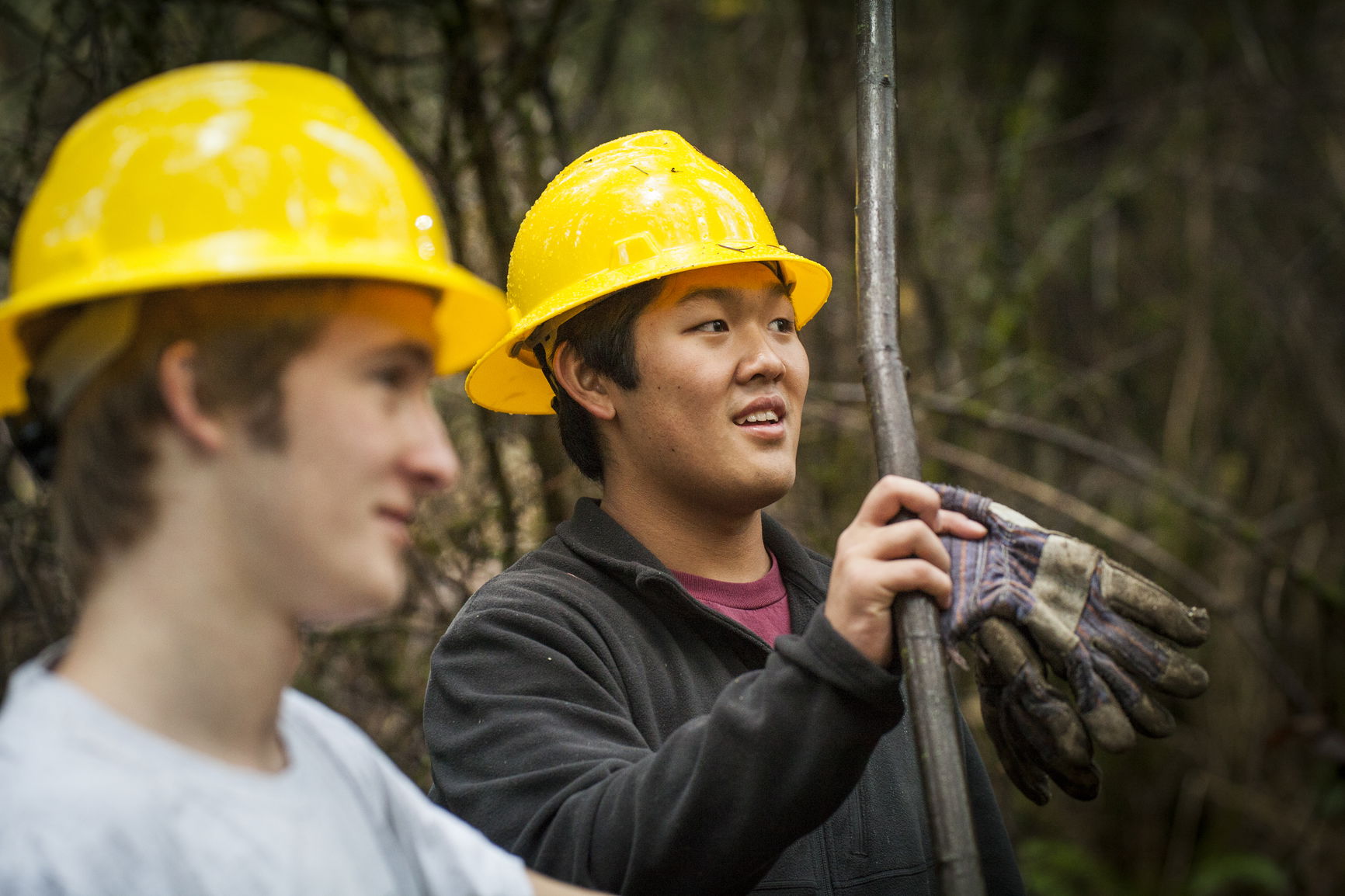Our Bachelor of Arts Environmental Science major requires 44 semester hours. This is comprised of 32 semester hours in Environmental Science, 4 semester hours in flexible electives, and 8 semester hours in Arts and Humanities, World Engagement, or selected graduate coursework. It takes 124 credit hours to complete the degree.
Our Bachelor of Science Environmental Science major requires 44 semester hours. This is comprised of 32 semester hours in Environmental Science, 4 semester hours in flexible electives, and 8 semester hours in BIOL, CHEM, PHYS, CS, or MATH. It takes 124 credit hours to complete the degree.
Students pursuing an Environmental Science minor will need to complete 20 semester hours in Environmental Science, including ENVS 120 and ENVS 121. Other courses include 1 Critical Inquiry, Social Science or Natural Science course, 1 Research Intensive, Social Science or Natural Science course, and 1 Additional Upper-Level Elective.












